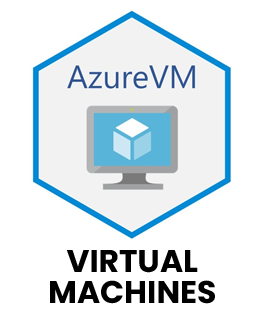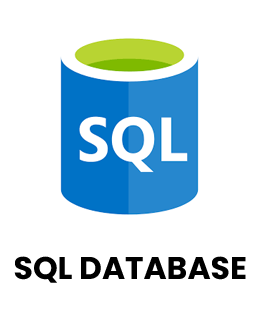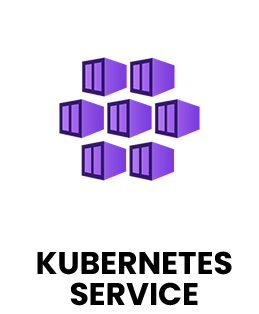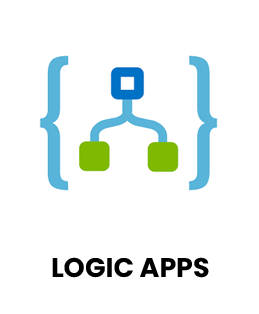1. How do Azure IaaS and PaaS differ in functionality?
Ans:
Azure IaaS delivers core infrastructure like virtual machines, networking and storage, allowing full control over configurations. PaaS provides a managed environment for application development, databases and integration services, simplifying maintenance. IaaS offers flexibility and customization, while PaaS reduces operational overhead.
2. What are Azure CLI and PowerShell and how are they distinct?
Ans:
Azure CLI is cross-platform command-line tool that allows management of Azure resources through simple commands. Azure PowerShell focuses on Windows environments and provides cmdlets for automation and scripting. While CLI is lightweight and user-friendly, PowerShell enables deeper automation and more advanced administrative tasks.
3. How is monitoring and analytics performed in Azure?
Ans:
Monitoring in Azure is handled through Azure Monitor and Log Analytics, which gather, analyze and visualize metrics from cloud resources. These tools track application performance, detect anomalies and create dashboards for insights. Real-time monitoring helps improve system reliability, optimize costs and maintain compliance across workloads.
4. What types of data can Azure manage effectively?
Ans:
Azure can handle multiple types of data, including structured data in SQL Databases, unstructured data in Blob Storage, semi-structured data in Cosmos DB and big data in Azure Data Lake. It also supports backups, archiving and analytics, making it suitable for enterprise workloads of various sizes and complexities.
5. How do Azure Resource Groups differ from Subscriptions?
Ans:
Resource Groups act as logical containers that organize related Azure resources such as VMs, databases and storage accounts. Subscriptions define billing, quotas and governance rules. While Resource Groups focus on management and organization, Subscriptions control usage limits, costs and overall access policies for the account.
6. What is the role of Azure Security Center?
Ans:
Azure Security Center provides centralized security management and threat protection across hybrid and cloud environments. It monitors for vulnerabilities, enforces compliance and helps prevent potential attacks. This ensures that workloads remain secure, meeting enterprise security standards and regulatory requirements.
7. What are Azure Virtual Networks (VNets) and why are they important?
Ans:
Azure VNets create secure connections between cloud resources, allowing virtual machines, databases and on-premises systems to communicate safely. They enable network isolation, segmentation and controlled access, ensuring connectivity remains secure and efficient for cloud applications and services.
8. How does Azure differentiate between Backup and Site Recovery?
Ans:
Azure Backup focuses on storing secure copies of data to restore after corruption, accidental deletion, or loss. Azure Site Recovery maintains business continuity by replicating workloads to another region to prevent downtime. While Backup restores data, Site Recovery ensures operations continue without disruption.
9. How does Azure manage alerts and notifications?
Ans:
Azure Monitor generates alerts for performance issues, security risks, or cost anomalies. Administrators can be instantly informed via notifications delivered via email, SMS or linked systems. Proactive alerting enables prompt action to reduce security risks or avoid outages.
10. What are Azure Policies and Role-Based Access Control (RBAC)?
Ans:
Azure Policies enforce organizational standards, such as permitted VM sizes or allowed regions, ensuring compliance. RBAC defines user permissions to manage, access, or configure resources. Together, they maintain governance by controlling both what can be deployed and who can perform specific actions in the environment.


























